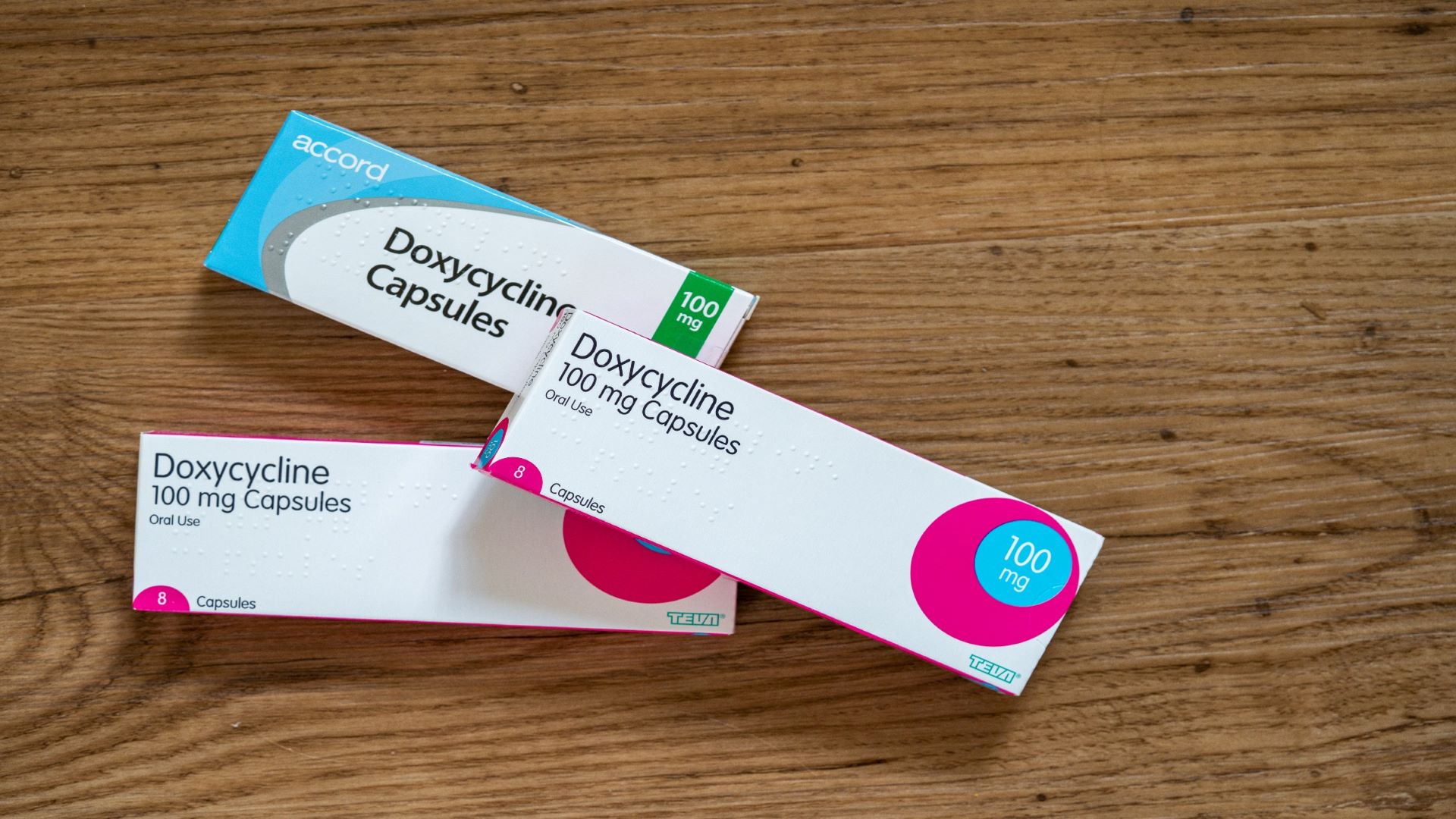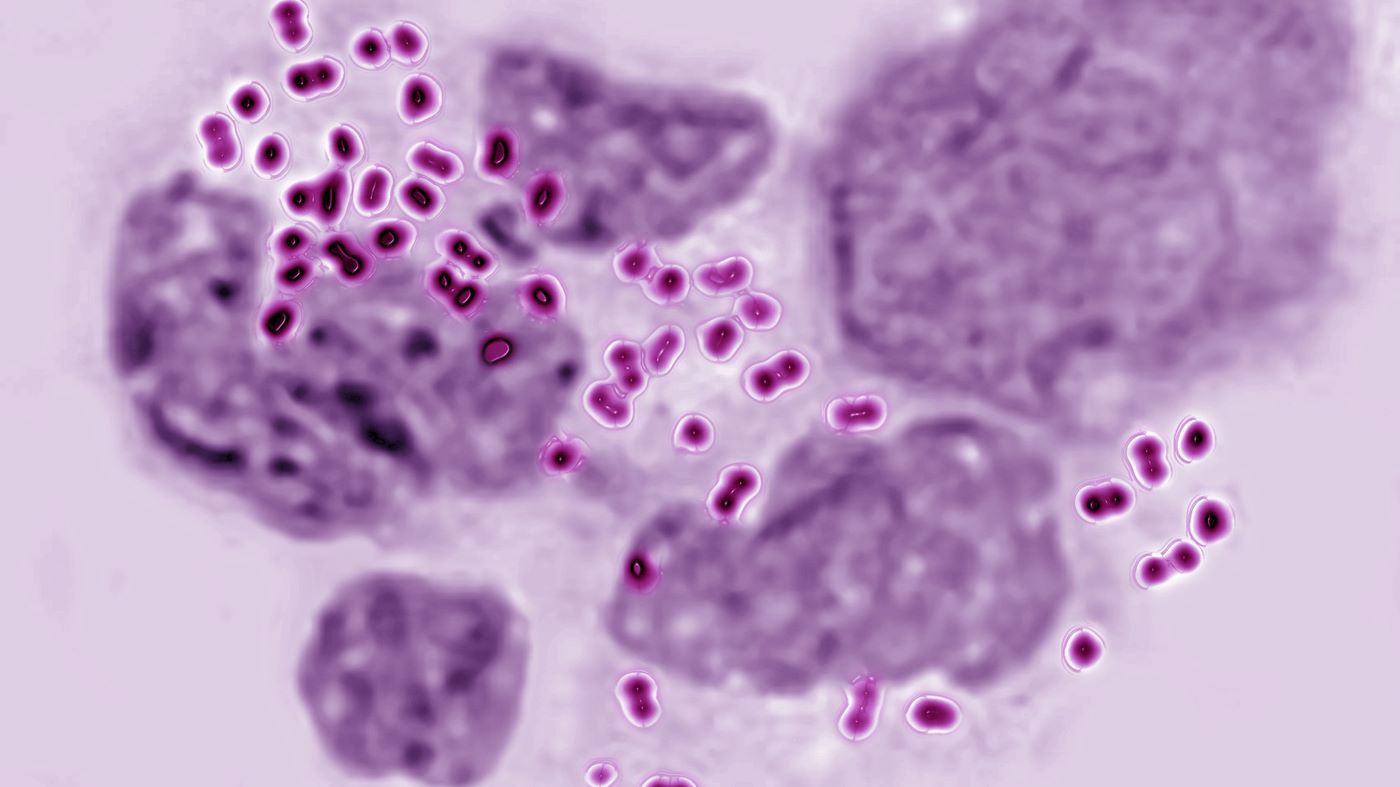U.S. health officials are poised to endorse a common antibiotic as a morning-after pill for gay and bisexual men to potentially prevent certain increasingly prevalent sexually transmitted diseases.
The proposed guideline from the Centers for Disease Control and Prevention (CDC), released on Monday, will undergo finalization following a 45-day public comment period. Dr. Jonathan Mermin of the CDC emphasized the urgent need for additional tools amidst rising STD rates.
The recommendation follows studies indicating that individuals who took the antibiotic doxycycline within three days of unprotected sex were significantly less likely to contract chlamydia, syphilis, or gonorrhea compared to those who did not take the pills.
The guideline is tailored to a specific demographic that has been extensively studied: gay and bisexual men and transgender women who have had an STD in the past year and are at high risk of reinfection.
Dr. Mermin noted that while there is less evidence supporting the efficacy of this approach for other populations, including heterosexual men and women, ongoing research may alter this assessment.
He characterized this recommendation as a significant advancement in a field that has seen limited innovation in recent decades, alongside measures such as the HPV vaccine and HIV prevention pills.
Doxycycline, an inexpensive antibiotic used for over 40 years to treat conditions such as acne, chlamydia, and Rocky Mountain spotted fever, forms the basis of the CDC’s guidelines, supported by findings from four studies on its effectiveness against bacterial STDs.

Among these studies, a notable report demonstrated that individuals with prior STD infections who used doxycycline were approximately 90% less likely to contract chlamydia, 80% less likely to contract syphilis, and more than 50% less likely to contract gonorrhea compared to those who did not use the antibiotic post-exposure.
A year ago, San Francisco’s health department initiated the promotion of doxycycline as a preventive measure immediately after exposure due to escalating infection rates, a move echoed by several other health departments across the West Coast.
At Fenway Health in Boston, a significant number of gay, lesbian, and transgender patients are currently utilizing doxycycline for this purpose, reflecting the guideline’s potential impact.
Dr. Taimur Khan, associate medical research director at Fenway Health, underscored the guideline’s importance in encouraging more physicians to discuss this preventive option with patients, something many were hesitant to do without CDC endorsement.
While doxycycline’s side effects include stomach issues and sensitivity to sunlight resulting in rashes, some research suggests its effectiveness may vary in heterosexual women.
Concerns about widespread use potentially fostering antibiotic resistance are also acknowledged, although San Francisco has not observed such resistance thus far.
Dr. Stephanie Cohen from San Francisco’s health department emphasized the importance of monitoring for any signs of antibiotic resistance as the guideline is implemented.
